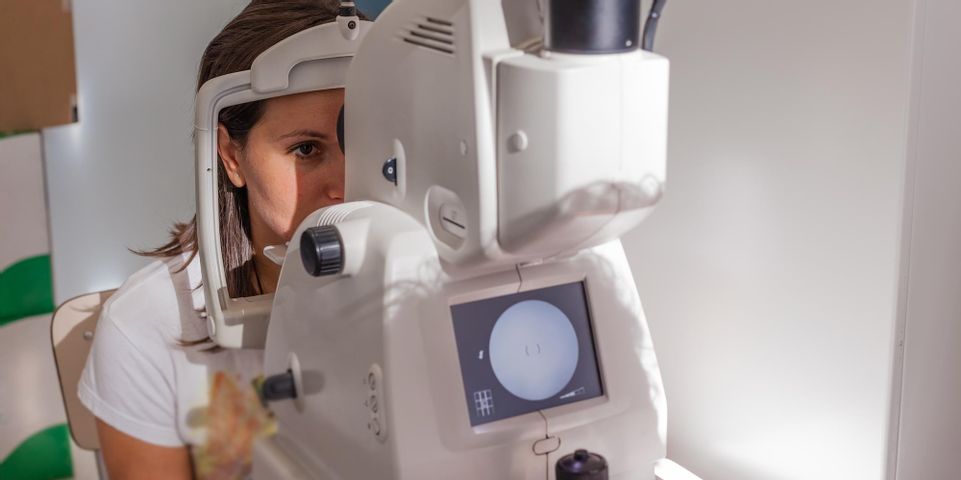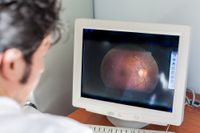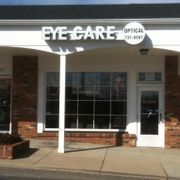
Retinal imaging is a common procedure performed by optometrists during routine eye exams. Using digital imaging, it takes a picture of the back of the eye, including the optic disk, retina, and blood vessels. Eye doctors use these images to assess the overall health of the eye and to look for the following diseases.
5 Conditions Often Found Through Retinal Imaging
1. Age-Related Macular Degeneration
Age-related macular degeneration (AMD) is the most common cause of vision loss in adults over 50. It occurs when the macula, a small part of the retina, thins out and stops working properly. While vision loss caused by AMD cannot be reversed, early detection may allow you to slow down its progression through tactics such as dietary changes.
2. Glaucoma
Glaucoma is another leading cause of blindness. It’s characterized by optic nerve damage, which is often caused by increased pressure in the eye. Typically, the condition has no warning signs until it has progressed to an advanced stage. Luckily, eye doctors can pick up on it early through retinal imaging and offer treatment to slow or prevent vision loss.
3. Retinal Detachment
 Retinal detachment is a serious condition that requires immediate treatment to avoid blindness. Symptoms typically emerge as floaters or flashes of light. To confirm the condition, an optometrist will perform a brief imaging test so they can recommend the best treatment quickly.
Retinal detachment is a serious condition that requires immediate treatment to avoid blindness. Symptoms typically emerge as floaters or flashes of light. To confirm the condition, an optometrist will perform a brief imaging test so they can recommend the best treatment quickly.
4. Diabetes
While this form of imaging is typically used to assess for conditions of the eye, it can also uncover body-wide issues. Diabetes, in particular, leads to elevated blood glucose which can damage small vessels in the eyes. Retinal imaging can also uncover diabetic retinopathy characterized by diabetes-related changes such as leakage or new blood vessel formation.
5. High Blood Pressure
When blood pressure is elevated, it affects all of the body’s blood vessels. These changes can be observed in the retinal arteries and veins, which can also point to an elevated risk for a stroke or heart attack. Because high blood pressure often produces no outward symptoms, visiting the eye doctor could actually yield important insights about your cardiovascular health.
If you’re seeking an eye doctor that provides comprehensive exams including retinal imaging, turn to Eye Care Optical. For more than 40 years, this Cincinnati-based center has provided comprehensive eye care services to local patients. In addition to thorough exams, they also offer a wide selection of eyewear, including prescription glasses and contact lenses. Browse through their services online or call (513) 731-6587 to schedule an appointment.
About the Business
Have a question? Ask the experts!
Send your question

